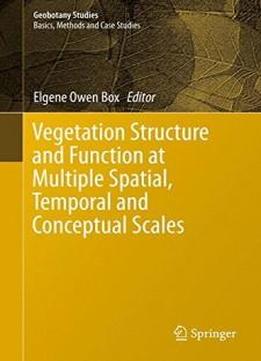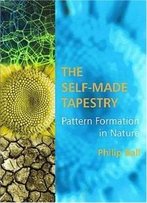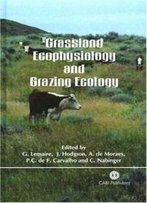
Vegetation Structure And Function At Multiple Spatial, Temporal And Conceptual Scales (geobotany Studies)
by Elgene Owen Box /
2016 / English / PDF
17.6 MB Download
This commemorative volume of invited papers in vegetation science
covers a full range of topics, objectives, methods and
applications, including conservation and management tasks. These
require study at different temporal and spatial scales, often
simultaneously. Methodology is important in science, since it
responds to particular questions and raises others. It is also
closely related to the scale of investigation. Chapters in this
book illustrate this interdependence, even in basic tasks such as
vegetation sampling and description, measurements and mapping.
Individual chapters present globally applicable systems, regional
syntheses and local analyses and applications, plus conceptual
methodologies, including currently debated hot topics. Vegetation
types treated include tropical rainforests, temperate forests, dry
steppes and scrub and local turf, sedge and moss communities. There
are also chapters on re-vegetation, woodlot management, ecology of
an invasive species, and trajectory planning in conservation. This
book will be useful to both students and practitioners, for its
reviews and examples and as a potential textbook suitable for
graduate-level courses and seminars.
This commemorative volume of invited papers in vegetation science
covers a full range of topics, objectives, methods and
applications, including conservation and management tasks. These
require study at different temporal and spatial scales, often
simultaneously. Methodology is important in science, since it
responds to particular questions and raises others. It is also
closely related to the scale of investigation. Chapters in this
book illustrate this interdependence, even in basic tasks such as
vegetation sampling and description, measurements and mapping.
Individual chapters present globally applicable systems, regional
syntheses and local analyses and applications, plus conceptual
methodologies, including currently debated hot topics. Vegetation
types treated include tropical rainforests, temperate forests, dry
steppes and scrub and local turf, sedge and moss communities. There
are also chapters on re-vegetation, woodlot management, ecology of
an invasive species, and trajectory planning in conservation. This
book will be useful to both students and practitioners, for its
reviews and examples and as a potential textbook suitable for
graduate-level courses and seminars.











